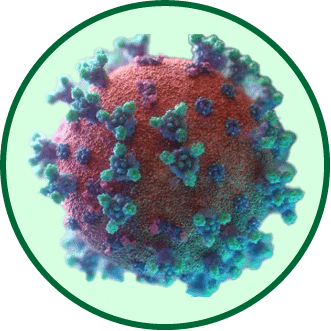Sleep Aids: Natural Remedies vs. Medications
Introduction
A good night's sleep is crucial for our overall health and well-being. For many, achieving this becomes a nightly struggle. In search of relief, individuals often turn to sleep aids—ranging from natural remedies to medications. In this comprehensive guide, we'll explore the pros and cons of each approach to better understand their efficacy and safety.
- Natural Remedies for Sleep
- elatonin
- What it is: A hormone naturally produced by the body that regulates sleep-wake cycles.
- Benefits: Helps adjust the body's internal clock, especially beneficial for shift workers or those with jet lag.
- Drawbacks: Overconsumption can disrupt the body's natural melatonin production.
- Valerian Root
- What it is: An herb commonly used as a dietary supplement for insomnia and anxiety.
- Benefits: Some studies suggest it can help reduce the time it takes to fall asleep.
- Drawbacks: Not enough consistent evidence on its efficacy; potential side effects like headaches and digestive issues.
- Chamomile
- What it is: A flower often consumed as tea, believed to have calming properties.
- Benefits: Acts as a mild tranquilizer and sleep-inducer due to an antioxidant called apigenin.
- Drawbacks: Allergies in some individuals; not strong enough for severe sleep disorders.
- Lavender
- What it is: An aromatic herb known for its calming properties.
- Benefits: Inhaling its aroma can improve sleep quality, particularly in those with mild insomnia.
- Drawbacks: Oral consumption can lead to constipation and headaches.
- Over-the-Counter (OTC) Medications
- Antihistamines
- Examples: Diphenhydramine (Benadryl) and Doxylamine (Unisom).
- Benefits: Proven to cause drowsiness and help some people fall asleep.
- Drawbacks: Can cause dry mouth, blurred vision, constipation, and urinary retention.
- Sleep Supplements
- Examples: Melatonin and combination products like ZzzQuil.
- Benefits: Accessible and can be effective for occasional sleep disturbances.
- Drawbacks: Long-term effects aren't well-researched; potential for overdose.
- Prescription Sleep Medications
- Benzodiazepines
- Examples: Diazepam (Valium), lorazepam (Ativan), and temazepam (Restoril).
- Benefits: Sedative effects to help initiate and maintain sleep.
- Drawbacks: Risk of dependence, potential for overdose, and side effects like dizziness or next-day drowsiness.
- Non-benzodiazepine sedatives
- Examples: Zolpidem (Ambien), eszopiclone (Lunesta), and zaleplon (Sonata).
- Benefits: Fewer side effects compared to benzodiazepines; quicker sleep onset.
- Drawbacks: Some rare side effects like sleepwalking; potential for misuse.
- Antidepressants
- Examples: Trazodone, amitriptyline, and doxepin.
- Benefits: Can help those whose insomnia is linked with depression.
- Drawbacks: Not approved solely for sleep; potential side effects like blurred vision or dry mouth.
- Making the Right Choice
- Consultation: Always discuss with a healthcare provider before choosing a sleep aid.
- Short vs. Long-term: Natural remedies may be ideal for short-term relief, while chronic sleep issues might require prescription solutions.
- Safety First: Beware of mixing sleep aids, and always follow recommended dosages.
Conclusion
While sleep aids can be beneficial, understanding the benefits and drawbacks of each option ensures informed choices. Whether opting for natural remedies or medications, safety and consultation with professionals are paramount. Achieving restorative sleep is a journey, but with the right tools, it's within reach.
Keywords: sleep aids, natural remedies, medications, melatonin, valerian root, chamomile, lavender, antihistamines, benzodiazepines, sedatives, antidepressants, insomnia, sleep quality.
